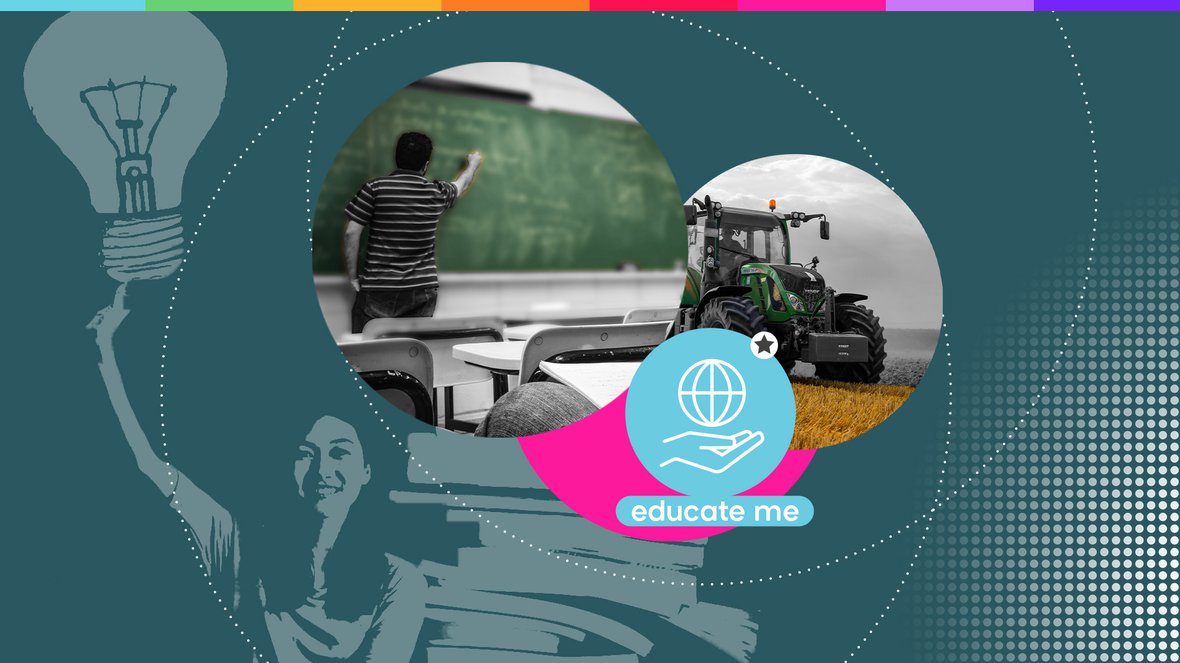Why should you write ‘Educate me’ pieces?
Our research has shown that long articles in the ‘Educate me’ category have the highest amount of ‘reading time’ - and people consuming these articles also tend to be the most loyal visitors. This indicates that there’s lots of opportunity to build your audience here, if you're willing to invest the time.
These stories, when done well, have the potential to become 'evergreen' pieces on your site: a valuable source of information for weeks, months or even years to come, building SEO authority over time and attracting more new visitors to your platform. However, if your brand is not yet established as a source for background or informational pieces, it may take time to build an audience for these articles.
When to write an ‘Educate me’ story
Pay attention to your audience: if you're trying to reach a younger demographic, ‘Educate me’ may be a valuable user need for you to explore. These readers are often more critical about the news they consume, wanting to understand it rather than just be told something. Informational pieces help to grab their attention.
When large news events occur (such as the trial against Desi Bouterse or law change on wearing masks in public places), or complex matters define the news agenda (like the US elections or the economic consequences of Brexit), it never hurts to explain to your readers what’s going on. Discuss the different stages, where do we stand, what will happen etc. All additional context you can provide will definitely be of help to your audience.
Also be sure to check the comments on your articles. If there is a sense of confusion or people asking for clarification, it may be time to create an ‘Educate me’ follow-up.


